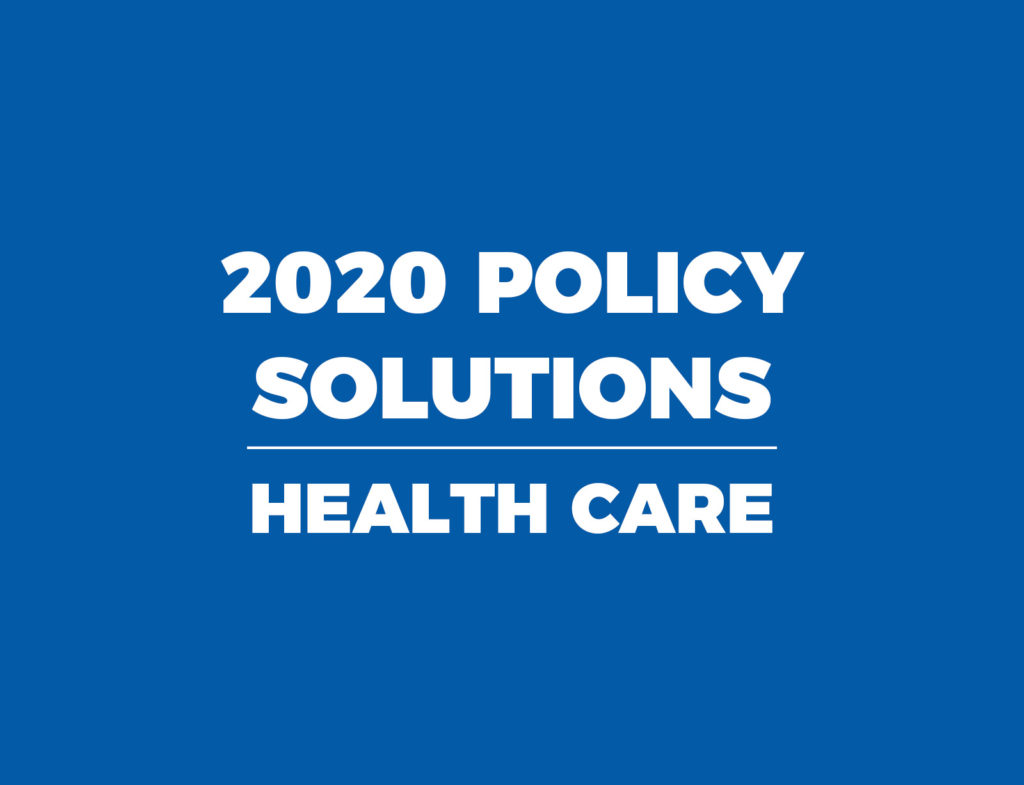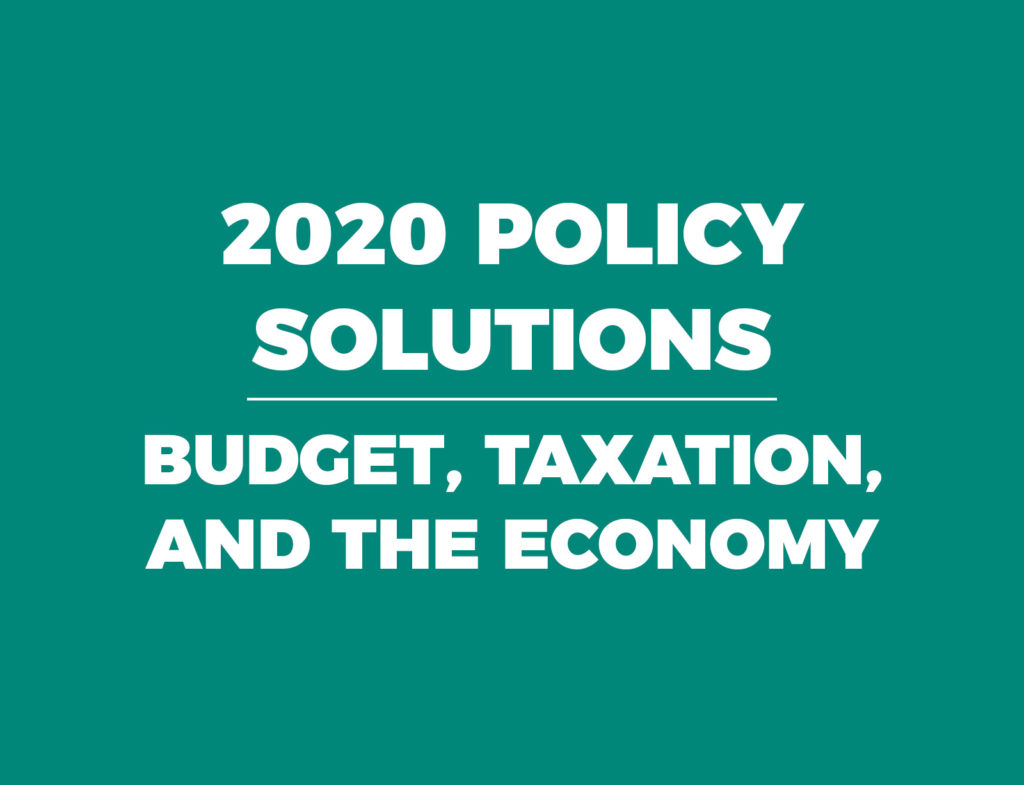Introduction
Updated as of January 2020.
Medicaid is a program funded jointly by the state and federal government. Its core functions include paying medical providers for services rendered to low-income parents, children, pregnant women, the elderly, the blind, and the disabled.
The federal government currently funds two-thirds of North Carolina’s $14 billion Medicaid program. The Affordable Care Act, also known as Obamacare, allows states to expand Medicaid eligibility to individuals earning up to 138 percent of the federal poverty level. This figure equates to an individual earning $17,236 per year or a family of four earning $35,535. As of December 2019, North Carolina was one of 14 states that have not expanded Medicaid.
If North Carolina had chosen to expand Medicaid in 2014, the federal government would have fully funded its cost through 2017. States were then responsible for financing a portion of the total expense, reaching a maximum of 10 percent by 2020.
The experiences of states that have expanded Medicaid should temper the enthusiasm of those who champion expansion. For example, Arizona’s expansion in 2002 initially projected slow enrollment growth, sustainable costs, a reduction in the number of uninsured, and reduced uncompensated care. Instead, the expanded population (mostly childless adults) ended up costing two to four times more than the cost of covering low-income parents. Similar outcomes occurred in other expansion states, including Oregon, Delaware, Maine, Utah, and Vermont.
Not only are cost overruns a concern, the program may not provide adequate health outcomes either. The 2008 Oregon Health Insurance Experiment is known as the “gold standard” of studies because it randomly assigned eligible patients to the state’s Medicaid program. Two years later, the authors concluded that Medicaid had no statistically significant effect on major measures of health outcomes between those who had been chosen to participate and those who had not.
Most importantly, Medicaid expansion is even harder to justify knowing that North Carolina’s current Medicaid population is not served adequately. A 2019 study published in the Annals of Health Law and Life Sciences suggests that Medicaid is not meeting the specific needs of North Carolinians. Duke University scholars found that the state’s Medicaid program is plagued with serious issues that harm those who need help the most. This was a function of low supply of health professionals in marginalized areas and inefficiencies in the delivery of care for the Medicaid program as a whole.
Key Facts
- Federal funding of Medicaid expansion and other health care entitlements will necessitate either higher levels of deficit spending, which adds to the multitrillion-dollar federal debt, or substantial increases in taxes, which impedes economic growth.
- Medicaid expansion would cost North Carolina an estimated $6 billion between 2020 and 2030. To pay for the expansion, the North Carolina General Assembly would need to reduce provider payments, increase taxes, or divert resources from education, transportation, and other essential parts of the budget.
- Expanding Medicaid eligibility puts traditional program enrollees at risk. Low-income parents, children, pregnant women, the elderly, the blind, and the disabled would have to compete for access to health care with an estimated 500,000 people who would be added to Medicaid, 78 percent of whom are able-bodied, childless adults.
- With less access to physicians that accept new Medicaid patients, new enrollees would likely turn to hospital emergency rooms for service. Studies show that Medicaid expansion is unlikely to reduce visits to the emergency room, one of the most expensive ways to receive care. In some cases, Medicaid expansion actually raises emergency room utilization.
- Expanding the eligibility pool for government health insurance programs crowds out access to private insurance coverage. Studies indicate the crowd-out effect contributes to the fact that six out of 10 people on Medicaid once had private coverage.
Recommendations
- North Carolina should not expand Medicaid. Policymakers should focus on free-market solutions that would reduce costs associated with health care and health insurance and find ways to create a more sustainable health care market, rather than shifting the costs to the taxpayers who fund government budgets.
- Congress should restructure Medicaid to grant states more budgetary flexibility, including use of block grants to distribute federal funding. Converting the federal portion of North Carolina’s Medicaid program into an annual block grant would go a long way toward limiting Medicaid’s unpredictable annual cost overruns.
- Congress and North Carolina lawmakers should relax Medicaid rules and regulations.Regulatory relief would stimulate competition in the insurance market and allow individuals to purchase affordable plans that best meet their needs.
- Congress should offer a refundable tax credit to able-bodied, working Medicaid patients and their dependents.This may reduce government dependence in the long term, instill consumer awareness, and promote patient choice.



